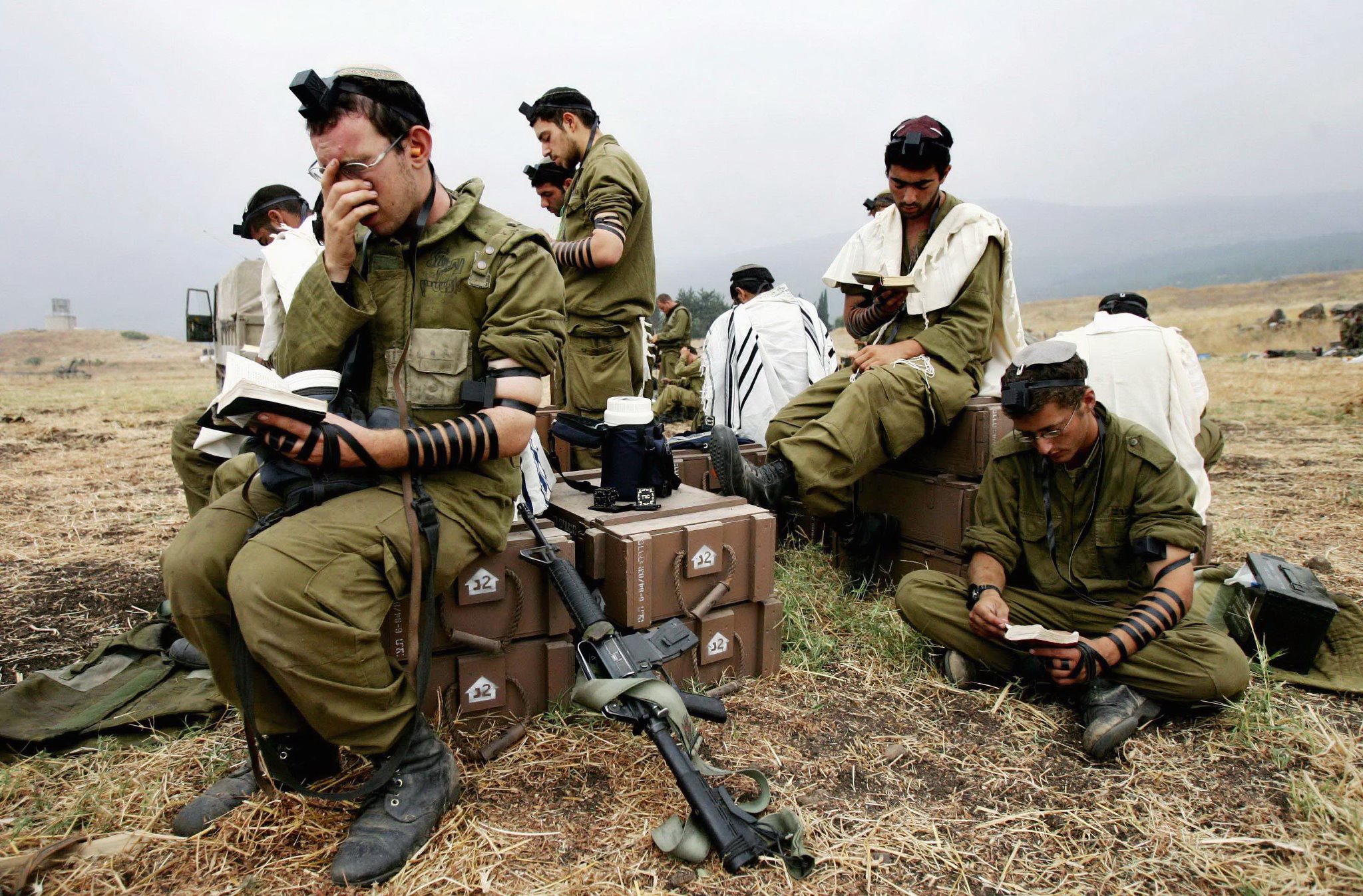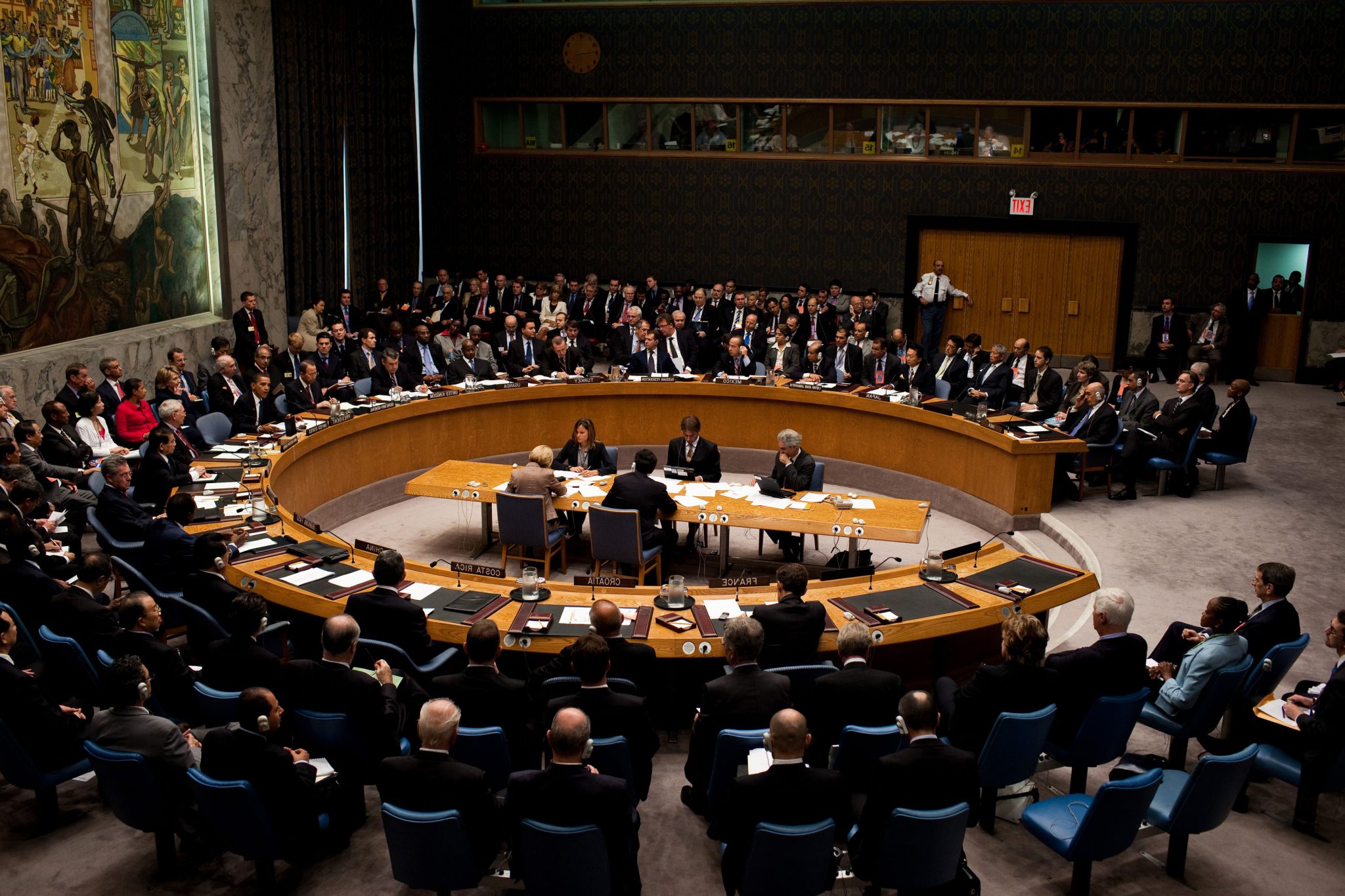
DISCLAIMER: all opinions in this column reflect view of the autor(s), not of Vocal Europe
by Thomas Baron
The idea that President Assad will step down from power and a secular, peaceful, and democratic coalition government will take his place has long since faded. The Syrian National Council, the group that Hilary Clinton declared in 2011 was the “leading and legitimate representative of Syrians seeking a peaceful democratic transition” is effectively a non-entity at this point and claims that the West should support “moderate rebels” in the country are increasingly met with the unanswerable question as to who such rebels are and where they might be found.
Still, Assad’s reign is increasingly unstable. By spreading his forces too finely in an attempt to maintain control over the entirety of the state he has reduced his ability to win important battles and protect strategically important land. He is now being forced to abandon much of the country to opposition forces and is focusing on protecting the two things that are most important to his continued grasp on power: the capital and the Alawite population.
With Assad losing control of the country and with no clear path to see the state to a place stability, it is increasingly likely that Syria with descend into statelessness. No one group has the power nor the backing of enough of the people to lead the country and, like Libya, there is a real risk the country could become a black-hole which draws its neighbours into the conflict. In Israel this threat is already being felt.
Although it would be a stretch to claim the two states were anything but hostile to each other before the Arab uprising, the hostility was largely non-violent. With the exception of occasional air strikes and the involvement of both states in opposing sides during the Lebanese Civil War, the two states have not faced each other in direct conflict since the Yom Kippur War in 1973 and both Bashir and his father Hafez prevented any border incursions into the contentious Golan Heights region, which acts as a buffer between the two states.
In spite of this, Israel is still an unpopular figure amongst the Arab people, including in Syria. With state collapse comes a collective of new actors looking to bolster their image in the region. An attack on Israel could potentially being the ideal way to showcase themselves to the population of the Arab world and build support and sympathy across the region. The strength of the Assad regime and the Syrian militaries hold on the means of violence had previously prevented groups from developing the capabilities to carry out such an attack. Now that the means of violence have been democratised, the potential for small-scale incursions and acts of violence from across the Northern border that could wreak havoc on the Israeli population are increasing.
This threat has been most felt by the Druze community of northern Israel, many of whom live in the Golan Heights region, who have seen their co-religious increasingly threatened by opposition military groups in Syria. This has proved controversial amongst the Druze community of Israel who feel the state of Israel is not simply failing to protect their co-religious but is also providing support for opposition groups carrying out this violence.
Israel’s policy towards the Syrian conflict has largely been one of non-inference, although reports maintain that Israel has kept contact with opposition forces. More so, the IDF have maintained a humanitarian policy, offering medical aid to Syrians who make it to the border with Israel. Such policies have clearly irked the Druze community of the Golan Heights. Reports have also suggested Israel has maintained contact with such opposition groups.
In June, Druze residents of the Israeli-occupied Golan Heights attacked a military ambulance carrying two Syrian fighters away from the border, killing one, in retribution for attacks carried out by the al-Nusra Front earlier in the month that killed 20 Druze.
As Assad losses control over the South of the country and the regions bordering Israel there are increasing concerns that such attacks will increase, potentially leading to further killings, if not massacres, of the Druze community both in Syria and potentially spreading across the border.
Former Israeli secretary to the Cabinet Zvi Hauser has taken the attack as a sign that the international community should recognise Israel’s annexation of the Golan Heights (an annexation that is by most seen as illegal under the UN Charter and the Geneva Conventions) and advance the cause of an independent Druze entity in Syria. As well as placating the Druze community and having the added advantage of potentially saving the lives of a minority community, Israel has a strategic advantage in following such a policy as it will not only cement ownership of the Golan Heights but also help create a buffer zone between Israel and those who may wish to attack it.
The Israeli government have made assurance that a plan is in place for if Assad is to fall. This includes a list of military targets to be struck in this event. Their number one priority will be to protect the stability of Israel and the Golan Heights will continue to play an important role as a buffer zone to protect the Israeli people from the Syrian conflict. By expanding this buffer zone, Israel can create a greater sense of reassurance that they will be protected from the violence in Syria although there will be increasing concerns that those communities who occupy the Heights and calls for Israel to act decisively to protect vulnerable Druze across the border. How they pan to deal with this concern will depend on whether they find it more effective to limit the threat to the Syrian Druze or simply placate the Israeli Druze in another way.
This article is originally published on Conflict News on July 16, 2015



